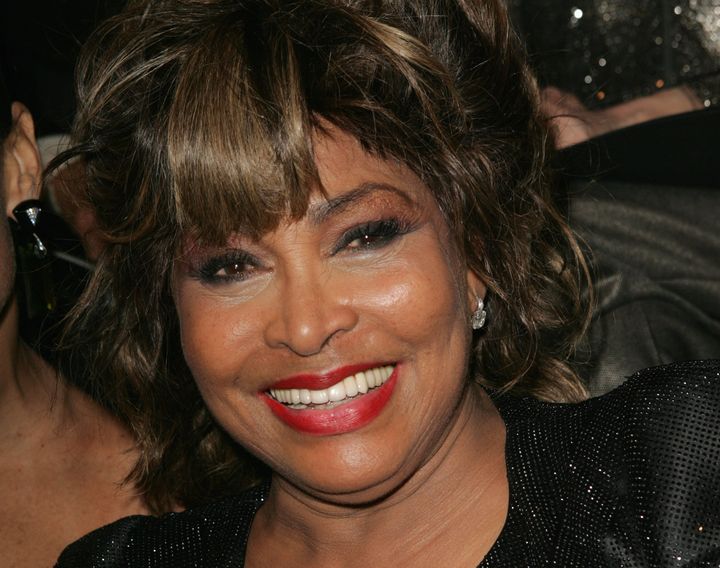
Tina Turner, the dynamic rock and R&B icon whose career spanned decades, died Wednesday, at her home near Zurich, Switzerland, Reuters reported. She was 83.
The singer’s life was marked by perseverance and a knack for reinvention, and she produced hits like 1971’s “Proud Mary” and 1985’s “We Don’t Need Another Hero.” Touring the globe, she shared stages with the likes of David Bowie and Mick Jagger, starred in a “Mad Max” flick and watched Beyoncé perform in her honor in 2005.
She may be best remembered for her fiery vocals and onstage energy. But Turner’s offstage presence was a quieter one influenced by an upbringing in the segregated South.
Born Anna Mae Bullock on Nov. 26, 1939, in Nutbush, Tennessee, Turner and her older sister were abandoned at a young age by their parents, who worked as sharecroppers. The children went to live with their grandparents, and, in her teens, Turner considered becoming a nurse. But she also loved to sing in church choir.
Later on, she and her sister would explore the nightclub scene, where she met the musician Ike Turner. The pair formed their own act ― the Ike & Tina Turner Revue ― and married in 1962.
Though they divorced in the late 1970s, Turner kept the darker sides of her marriage under wraps until the 1980s, when she first publicly shared stories of the domestic violence she endured.
Her 2018 memoir included heart-wrenching stories about the marriage, including her suicide attempt. She wrote that Ike Turner “used my nose as a punching bag so many times” that when she sang, she could still taste the blood.
In one 1997 interview, Larry King remarked on Turner’s status as a feminist hero thanks to her early willingness to speak out on marital abuse.
“I think that if I had not given the story to the world, maybe my life [would not be] what it is,” the singer told King, explaining how she didn’t know what would happen when she went public with her story in the ’80s.
“It wasn’t something that I planned.”

Michael Ochs Archives via Getty Images
While Tina’s vocals launched the duo to stardom, Ike never allowed her much financial independence and was very controlling. (It was he who gave her the stage name Tina, simply because it rhymed with the name of a TV character at the time.)
When she left him in 1976, with just pennies and a gas card in her possession, the singer said she got by on food stamps.
“As horrible as he treated me, I still felt responsible for letting him down,” she told Rolling Stone. But, free to pursue her own solo career, she kept performing, becoming a smash success again in the early ’80s as she veered from soul into rock. At age 44, “What’s Love Got To Do With It” off the hit album “Private Dancer” made the Billboard Hot 100 ― making Turner one of just a handful of female artists over 40 to make the chart.

Michael Ochs Archives via Getty Images
In 2013, Turner married longtime partner Erwin Bach, who lived with her in Zurich, Switzerland, where Turner said she preferred “the freedom.”
The singer sought to trade her American citizenship for a Swiss one in the late 1980s, and finally relinquished her U.S. passport in 2013 after living more than two decades abroad.
Turner told Rolling Stone in 1986 that “it hurts to be a minority” in America.
“We’re moving out of it, of course,” she said. “We can stand now, but it’s still there ― it’s a memory, because you are branded. It’s wishing that we, as a Black people, had had a chance to be as fantastic as we were before being knocked down and made slaves. It goes way back, this thing of wanting to be proud, wanting not to feel second-class.”
Throughout her career, Turner won eight Grammy awards out of 21 nominations and two MTV Video Music Awards out of four nominations. She earned herself a star on the Hollywood Walk of Fame, a place in the Rock and Roll Hall of Fame and a Kennedy Center Honor.
She always wanted to be the kind of star who was in on the action.
“I don’t want to just be prancing around in some frilly dress singing a song, you know?” she told People in the 1980s. “Ben Hur,” the decades-old Roman epic, was on the singer’s mind.
“I want to drive one of those damn chariots,” she said.

Tony Barson via Getty Images
